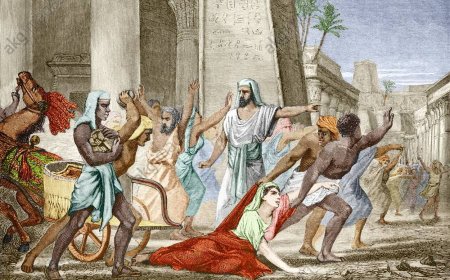Hypatia of Alexandria: The Pop Star of Antiquity That Resists Oblivion
Hypatia of Alexandria, pop star of antiquity, mathematics, astronomy, philosophy, societal norms, intellectual achievement, legacy, female scholars.
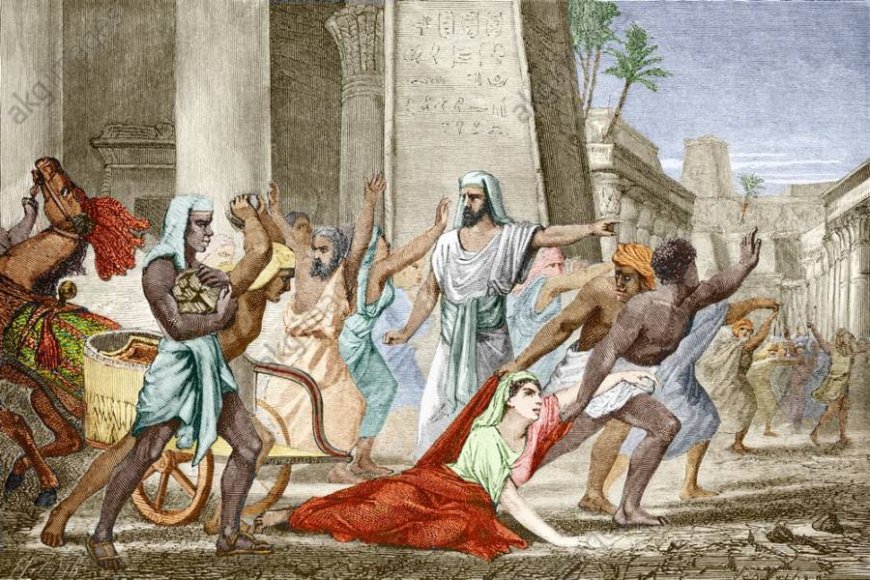
Hypatia of Alexandria: The Pop Star of Antiquity That Resists Oblivion
Sometimes death is a symbol that stands the test of time. Hypatia, a Renaissance-style thinker who defended the independence of religion and state, lived on hundreds of years after her assassination at the order of Bishop Cyril.
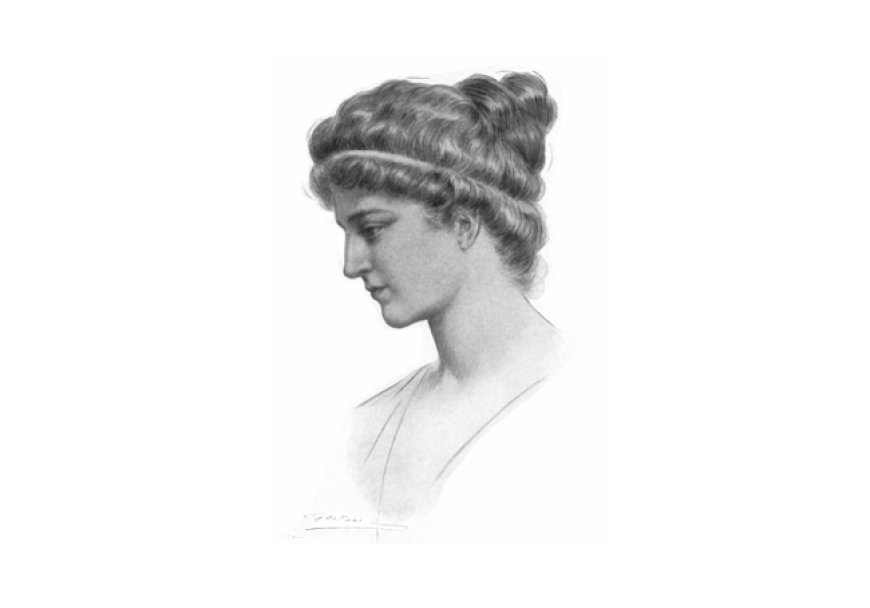
The story of Hypatia of Alexandria is one that both historians and ordinary people find fascinating. Hypatia was a remarkable woman who lived in the 4th and 5th centuries AD in the ancient city of Alexandria. She was a successful astronomer, mathematician, and philosopher in a male-dominated society. Her popularity and influence spread beyond Alexandria, and she was known all over the ancient world. In this post, we will look at the life and legacy of Hypatia, the antiquity's pop diva who defied oblivion.
Who Was Hypatia?
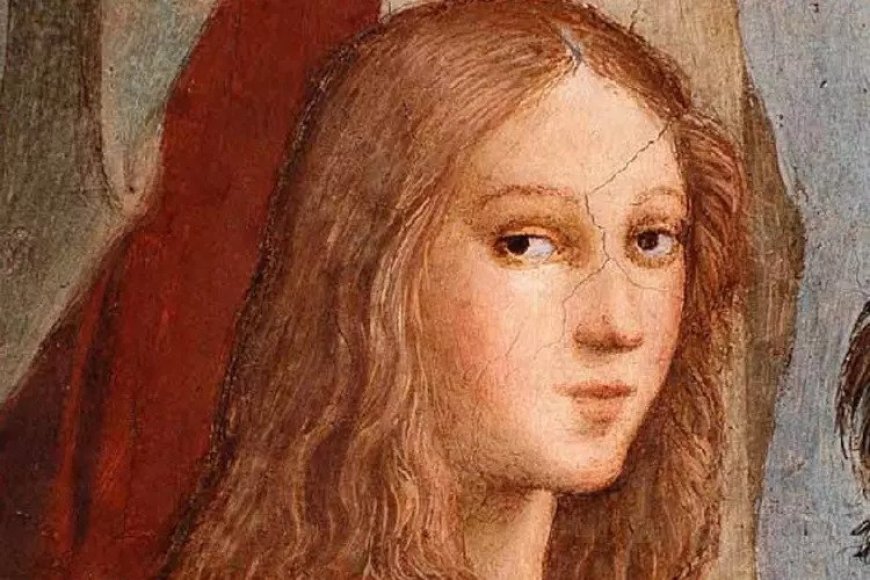
Early Life
Hypatia was born in Alexandria, Egypt in 370 AD. Her father, Theon, was a well-known mathematician and philosopher who taught at the Alexandria Museum. Hypatia developed a love of learning and information under her father's teaching. She excelled at mathematics, astronomy, and philosophy, eventually becoming an expert in each of these subjects.
Education
Hypatia was well-educated in mathematics, astronomy, and philosophy, which prepared her for her future job. She studied with the greatest thinkers of her time, including her father, who was her primary teacher. She also studied with other intellectuals at the Museum of Alexandria, a well-known learning institution that drew experts from all around the ancient world.
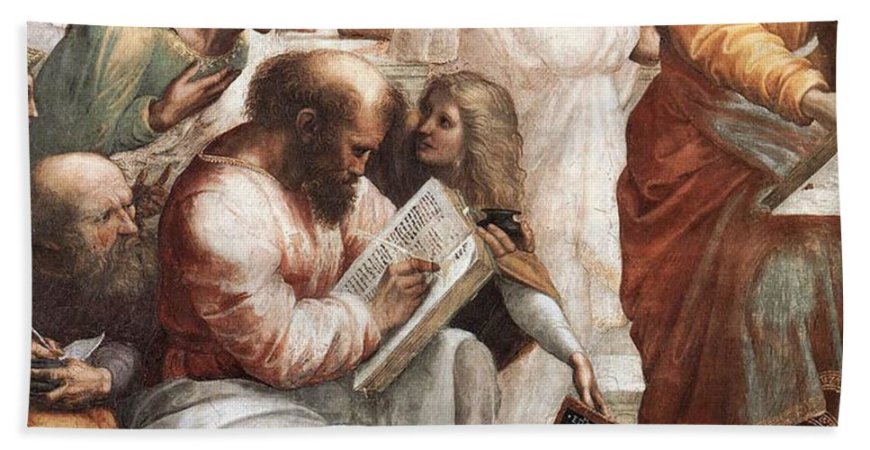
Career
Despite societal norms that relegated women to secondary roles in intellectual pursuits, Hypatia went on to become a respected teacher and scholar in her own right. She gave lectures in mathematics, astronomy, and philosophy at the Alexandria Library, the most famous center of learning in the ancient world. Her lectures were attended by students of many faiths, including Christians, Jews, and pagans.
Controversy and Tragic Death
The fame and renown of Hypatia enraged many in Alexandria, notably the Christian community. She was brutally murdered in 415 CE by a mob of Christian zealots who accused her of witchcraft and heresy. Her death is not totally certain, but it is thought to have been precipitated by her involvement with the pagan governor of Alexandria. Her death was a profound loss to the worlds of education and science, and her legacy continues to inspire scholars and students today.
Contributions
Hypatia made important contributions to mathematics, astronomy, and philosophy. She published various mathematical treatises, including a commentary on the works of Diophantus, the inventor of algebra. She has made significant contributions to the study of astronomy, particularly in the fields of celestial mechanics and planet motion. In philosophy, she was recognized for her Neoplatonic beliefs, which emphasized the value of reason and rationality.
Legacy
Despite her tragic death, Hypatia's legacy lives on. Her life and work have been glorified in literature, art, and film, and she remains a symbol of intellectual and scientific excellence in a male-dominated culture. Her narrative is an inspiring reminder of the value of education, the pursuit of knowledge, and the necessity for equality in all aspects of life.
Conclusion
Hypatia of Alexandria was a remarkable woman who broke social standards and made great contributions to mathematics, astronomy, and philosophy. Her life and accomplishments serve as an inspiration to scholars and students all across the world, and her legacy is still recognized and remembered today.
What's Your Reaction?











